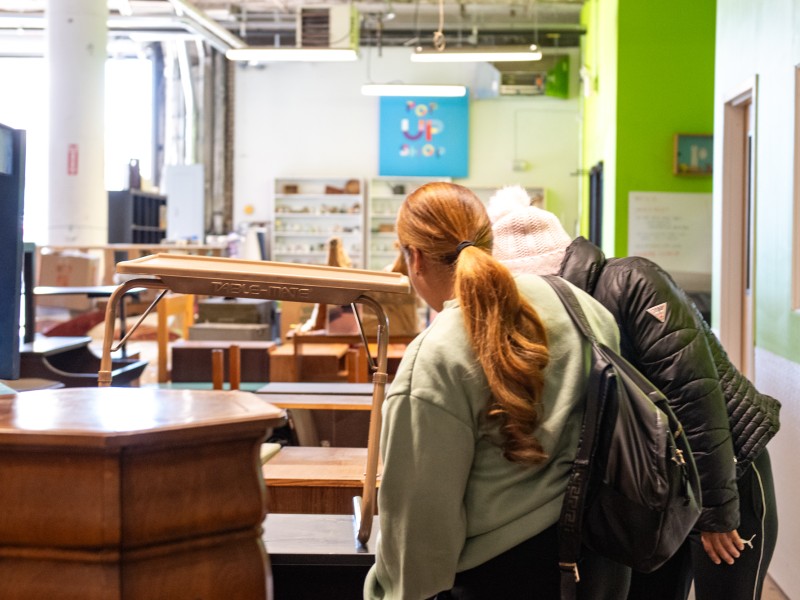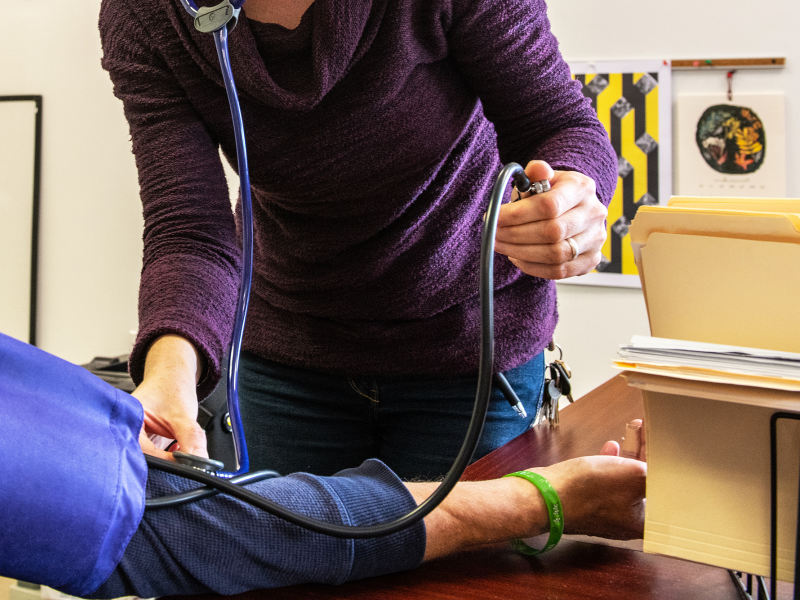Pathways New Opioid Specific Team Is A National First
Pathways to Housing PA is trying something new. For those of you who know us, that should be no surprise. Pushing the boundaries is in our DNA. From our beginnings in 2008 as a new model in the city, to the creation of the city-wide furniture bank, the development of our community integration team, and our expanding supported employment program, innovating to meet needs is what we do. So when we began to see the opioid epidemic impacting Philadelphia, we knew we needed to respond.
For those of you who haven’t been following the epidemic, here’s a quick recap. Opioid-related deaths have been on the rise nationally in recent years, with Philadelphia seeing a sharp increase beginning in 2011. Last year, nearly 700 people died from drug overdoses in the city, double the number of homicide deaths in the same period. While the epidemic can be linked to several factors, increased prescriptions of opioids for pain management is one salient cause. Many people began to use a prescribed opioid, and transitioned to purchasing pills and heroine as their substance use became more demanding. The CDC is making headway in limiting the prescription of opioids, but for those already using, the damage has been done.
Our Clinical Director Matt Tice has been following the epidemic closely. “Philadelphia’s heroin is known as the purest and strongest heroine in the region, in addition to the cheapest.” That’s a lethal combination for a drug that is “very dangerous, and really pervasive” Matt explains. In addition to having a high risk of overdose, heroine is often laced with other, more dangerous substances to make it cheaper to produce. Add to that the risks of intravenous drug use, the inherent dangers of living on the streets, and the sharply decreased awareness many users experience while on the drug and it’s easy to see why this population is one of the most vulnerable populations in our city.
Pathways first began discussing the possibility of a team designed specifically to serve individuals with opioid use disorder near the end of 2015. This population presents several unique challenges. Life with opioid use disorder is chaotic. There are high rates of relapse, complex social relationships leading to apartment damages or evictions, and a pervasive focus on obtaining drugs that makes relationship-building challenging. Overdose risk is also a concern, as apartments afford less visibility than the street. While there are lessons to be learned from our past teams, and from other providers, to our knowledge this is the first housing first team to focus exclusively on individuals with opioid use disorder. That means we are starting the model, in some ways, from scratch.
Despite all of these challenges, we are excited about this new team! Pathways has carefully crafted the team to specifically address the unique challenges of opioid use. Offering housing first will give participants a safe place to rest and be, and it is a critical starting point for being able to address other issues effectively. Matt also points to another key element in the team’s success. “We have very, very dedicated and committed staff,” he says. “We don’t hire people that don’t care.”
We don’t expect this new venture to be easy. But we know that the challenges facing Philadelphian’s on the streets are complex and constantly evolving. Our cities homeless deserve a solution that’s catered to meet those challenges. Join us next week to learn about the new teams unique structure and meet some of team 7’s first participants.
For more on Philadelphia’s opioid epidemic, see “Generation Addicted” from NBC10. If you know of opioid specific housing-first teams across the country, please share! Find us on Facebook, or on twitter @PTHPA.
Ready for more? Continue to part 2 of this story.
About the Author
Becca DeWhitt is an MBA candidate at Temple University. She is passionate about creating a world where everyone's experience and perspective is valued, and sees story-telling as a powerful tool to that end.


